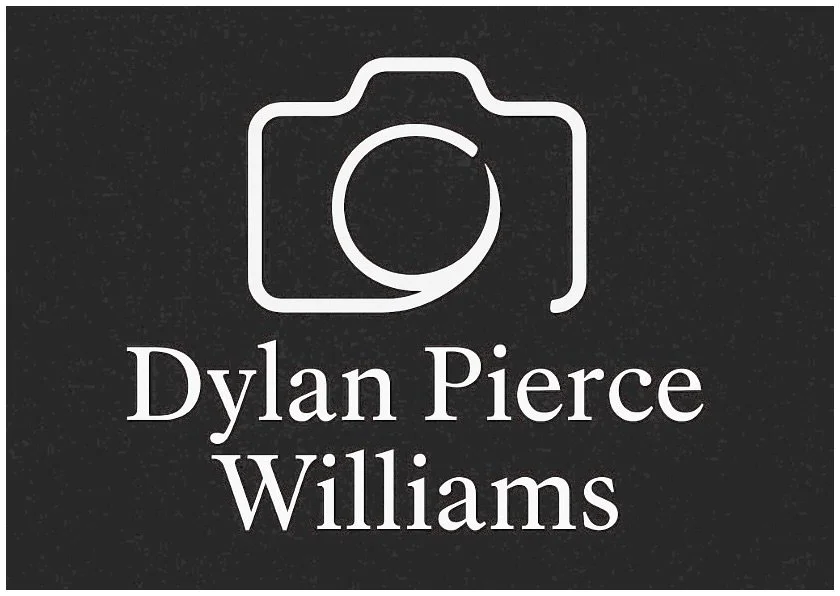Why I Don’t Like Cameras That Get in the Way
This is mPersonal Take on the Tools That Let Me See the Shot, Not Just Take It
I don’t want to fight with my camera to take a picture. I want it to help me think clearly, react instinctively, and stay in the moment. But too many modern cameras seem to get in the way, burying the essentials of photography under layers of menus, modes, and digital distractions.
The problem isn’t just complexity it’s invisibility. I like to see the exposure triangle. Not guess it. Not dig for it. Just see it.
Ideally, I want my ISO, shutter speed, and aperture laid out clearly, physically on dials, if possible. A dedicated exposure compensation dial? Even better. I don’t want to hold down a button, turn a wheel, or navigate a screen just to adjust something as fundamental as exposure. I want to glance down, make the change, and get back to what matters.
Here’s the thing: if I have to read the manual just to get a basic grip on how the camera works, I already know it’s not going to be a happy relationship. Cameras should make sense in your hands. They should encourage clarity, not confusion.
From Canon 5D to Contax RX
I used to shoot with a Canon EOS 5D. There’s no denying it’s a capable camera, but I constantly felt like I was working around it. I had to pause and dig through menus just to confirm basic settings. It left me feeling disconnected like I was managing a machine instead of making photographs.
Then I picked up a Contax RX. And it was a revelation. No touchscreen. No menu maze. Just everything I needed, visible at a glance: shutter speed dial, aperture ring on the lens, proper exposure compensation. Suddenly I wasn’t thinking about the camera anymore. I was thinking about the picture.
That’s what a good camera should do, it should disappear in your hands.
The Tools Should Serve the Photographer, Not the Other Way Around
I’m not a purist, and I’m not against digital. But I am against overcomplication. A good camera helps you feel connected to the light, the moment, and the choices you’re making. It builds trust through transparency.
That’s why I keep coming back to cameras that honour the fundamentals. I don’t want a computer with a lens on it. I want a tool that’s on my side one that invites me to stay present, not distracted.
In the end, the best camera isn’t the one with the most features. It’s the one that lets you forget it’s there.
